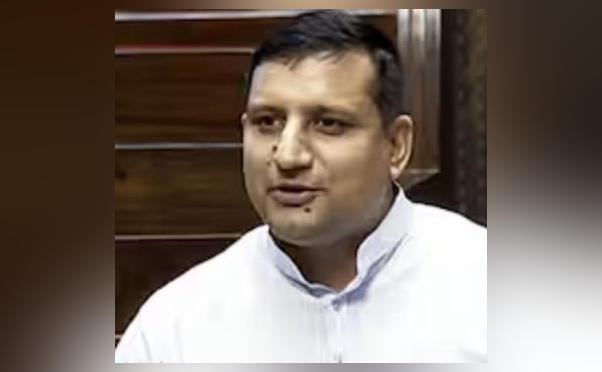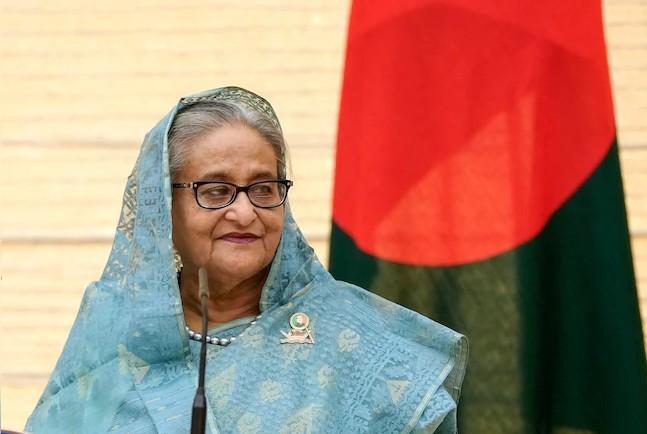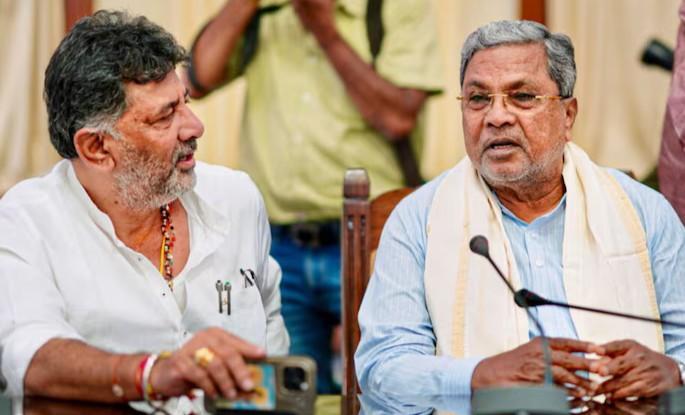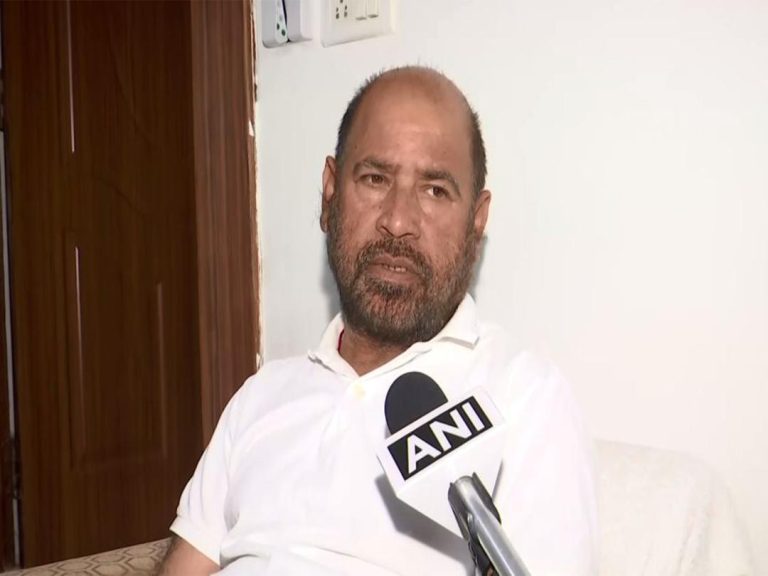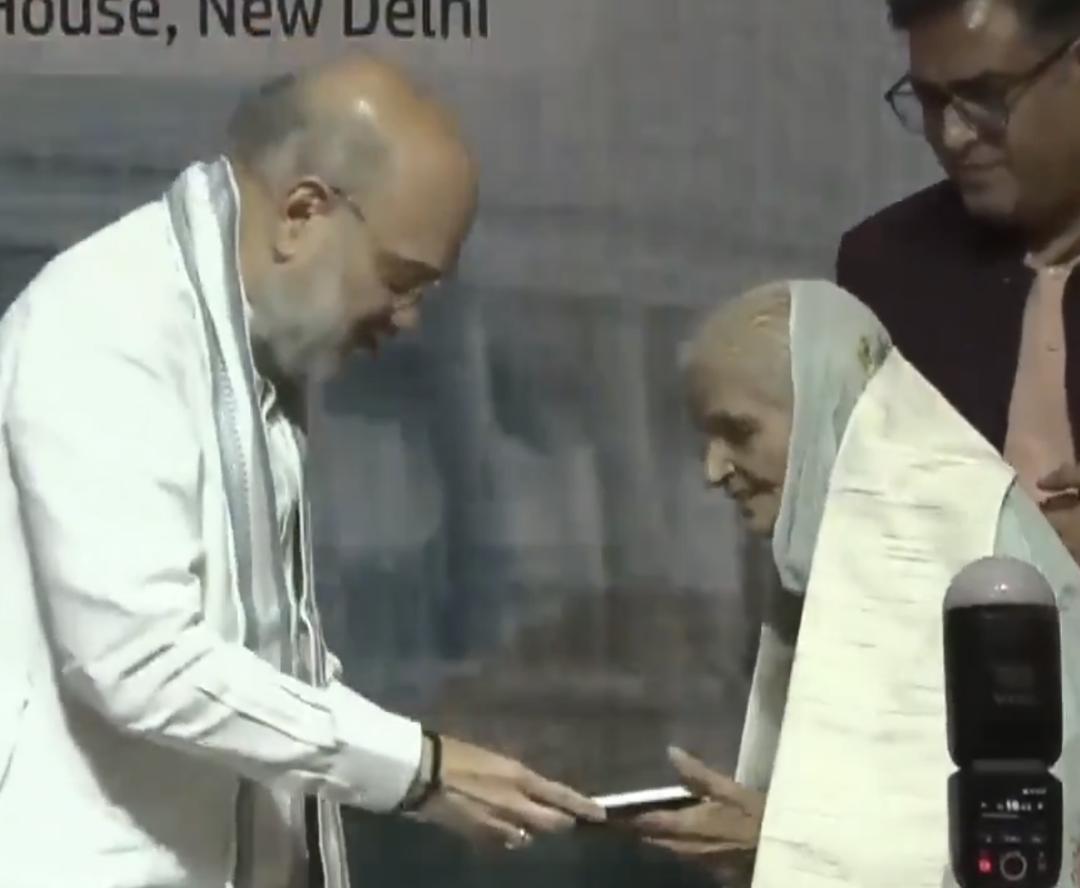
Shah Gifts Constitution’s Copy to Woman Jailed During Emergency
June 25, 2022, marked a significant day in Indian history as it commemorated the 50th anniversary of the infamous Emergency imposed by then-Prime Minister Indira Gandhi on June 25, 1975. The period was marked by widespread human rights violations, suppression of dissent, and curtailment of individual freedoms. To pay homage to those who suffered during this tumultuous period, Union Home Minister Amit Shah gifted a copy of the Indian Constitution to a woman who, along with her three children, was imprisoned during the Emergency.
The event, which took place at the Indian Council of Historical Research in New Delhi, was attended by several dignitaries, including Shah, Union Minister of State for Home Affairs Ajay Kumar Mishra, and other officials. The gathering was a poignant reminder of the sacrifices made by countless Indians who fought against the authoritarian regime that held the nation hostage for nearly two years.
Shah, while presenting the Constitution to the woman, emphasized the significance of the Indian Constitution and its role in safeguarding the fundamental rights and freedoms of citizens. He noted that the fight against the Emergency “was won because no one in this country can tolerate dictatorship.” This statement resonated deeply with the audience, as it highlighted the unwavering spirit of the Indian people who refused to yield to the oppressive regime.
The woman, who was just a young mother during the Emergency, was imprisoned along with her three children for her alleged involvement in anti-government activities. Her story is a testament to the bravery and resilience of individuals who stood up against the oppressive regime, even in the face of immense adversity.
The Emergency, imposed by Indira Gandhi in 1975, was a dark chapter in Indian history. It was marked by the arrest of thousands of people, including political leaders, journalists, and activists. The regime also saw the imposition of censorship, the suspension of civil liberties, and the forced sterilization of millions of people. The period was marked by widespread human rights violations, including the use of forced labor, arbitrary arrests, and torture.
Despite the challenges faced by the government during this period, the Indian people remained steadfast in their opposition to the Emergency. The movement against the regime was spearheaded by various political parties, including the Janata Party, which was formed in 1977. The party’s leaders, including Morarji Desai, Charan Singh, and Jayaprakash Narayan, played a crucial role in mobilizing public opinion against the government and demanding the restoration of democracy.
The movement eventually gained momentum, and public protests and demonstrations became a regular feature in cities across the country. The government’s attempts to suppress the movement only served to galvanize public opinion further, and the regime’s popularity began to plummet. In March 1977, Indira Gandhi called for general elections, which the Janata Party won, and she was subsequently defeated.
The defeat of the Emergency regime marked a significant turning point in Indian history, as it demonstrated the ability of the Indian people to resist authoritarianism and uphold democratic values. The period also served as a wake-up call for the government, which realized the importance of upholding democratic principles and protecting individual freedoms.
In conclusion, the gift of the Constitution to the woman who was jailed during the Emergency serves as a powerful reminder of the sacrifices made by countless Indians who fought against the authoritarian regime. It also highlights the importance of upholding democratic values and protecting individual freedoms, which are enshrined in the Indian Constitution. As we mark the 50th anniversary of the Emergency, we must remember the bravery and resilience of those who stood up against the regime and continue to work towards building a more just and equitable society.


